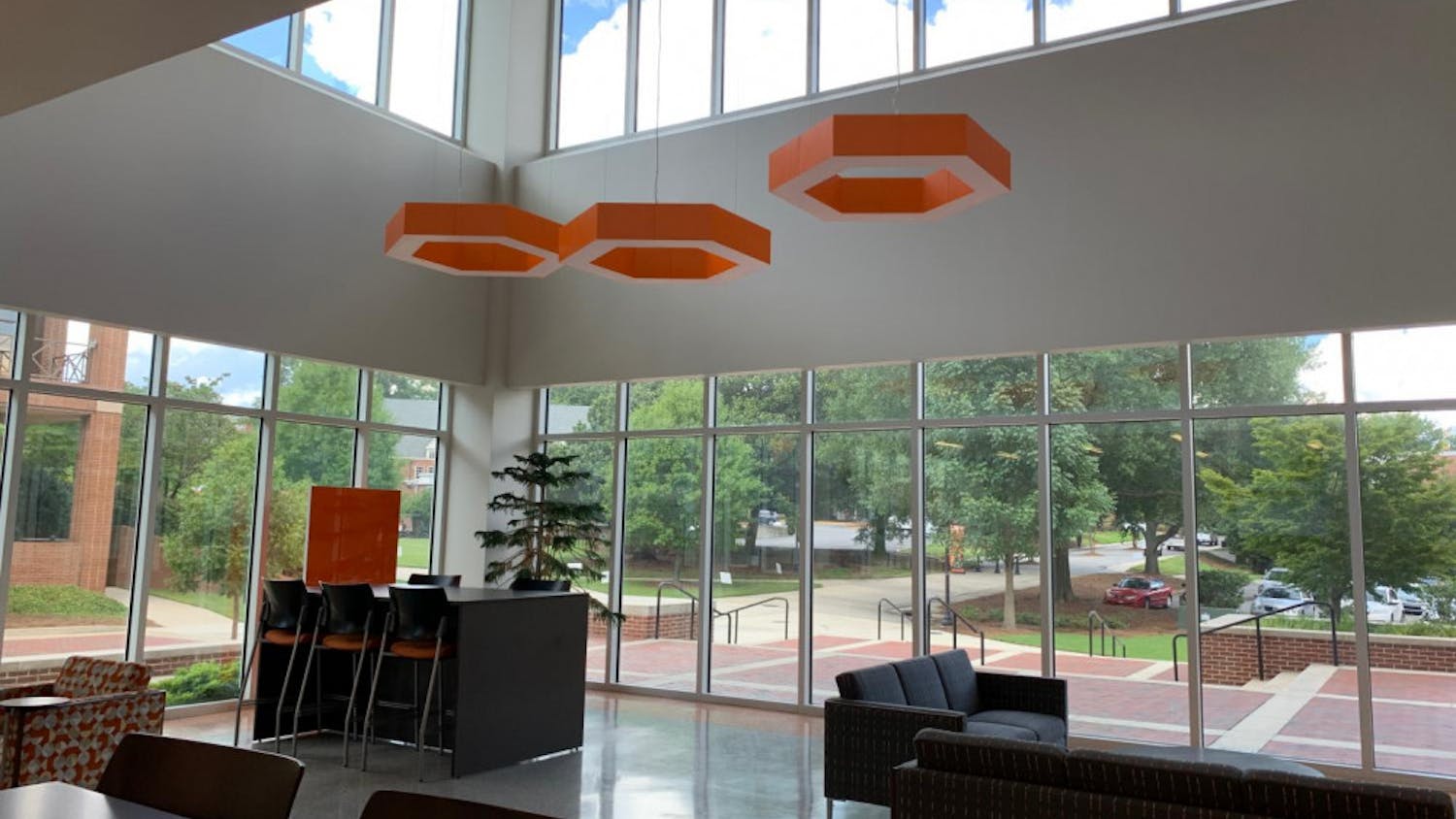Water dribbling down your face, the craved crunch of the first bite and the sweet satisfaction of accomplishment are all details that pinpoint the positives of growing your very own green pepper in your community garden. Although a fresh pepper is nothing like a giant warm piece of apple pie, it sure does come close.
In order to engage the communities of Macon and the students of Mercer University, a community garden should be built and operated by these two groups in hopes of integrating students and the community in order to construct unity.
At Mercer today, the student body is unattached from the Macon community around them. The only way we would go out of our way is if it was for extra credit or required for a class. Last semester, my Integrative Program class volunteered at Centenary Church to help make breakfast that they serve every Sunday morning to hungry locals. If volunteering in the community garden was added to more class schedules, then more students would get involved.
Currently, both the student body population and the Macon citizen population are two completely separate communities. Something must be done to change that to involve everyone, starting with the face-to-face interaction of students and “Maconites” in the community garden.
When the people of Macon and the students of Mercer work together with the common objective of growing and producing healthy foods, the communities will naturally become linked and engaged.
Dedicating time willingly, becoming involved in the surrounding community and learning about the surrounding citizens and environment will only cause for a more unified population.
A study was done recently in New Zealand and Samoa where community gardens sprouted in the middle of low-class communities. It brought the different towns together, and all the people felt united. They learned new skills and acquired a sense of responsibility and accomplishment.
If a garden was placed in the Mercer community, such as the one in Samoa and New Zealand, it is projected that the people would unify and want to better themselves and their city.
A possible flaw in this case would be the issue of summer, when students aren’t here. The go-to solution would be to count solely on the Maconites to upkeep the garden, but this answer would probably not work due to the high level of responsibility required for the garden’s upkeep. Without help from the student body, it would be problematic for the locals to tend to the garden entirely on their own. Each summer, Mercer University gives the opportunity to its students to work jobs around campus under Bear Force such as managing equipment checkout, the main desk or the fitness center. If tending to this community garden was added to that list, the problem of student absence would be solved, and the garden would still flourish in the dormant summer months.
Establishing a successfully operated community garden near Mercer University would create a unified society among students and locals, promote volunteerism and engagement and provide for healthy foods and produce with the right kinds of nutrients. Mercer students and the Macon community are very disengaged with each other, and a community garden could be a successful way to change that.




